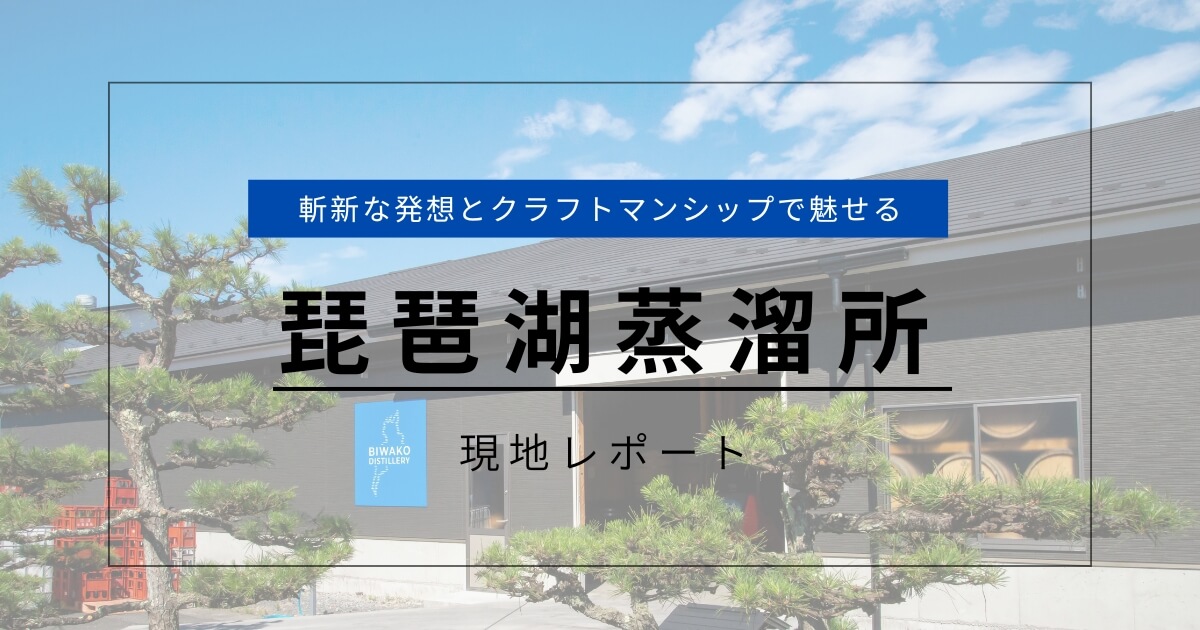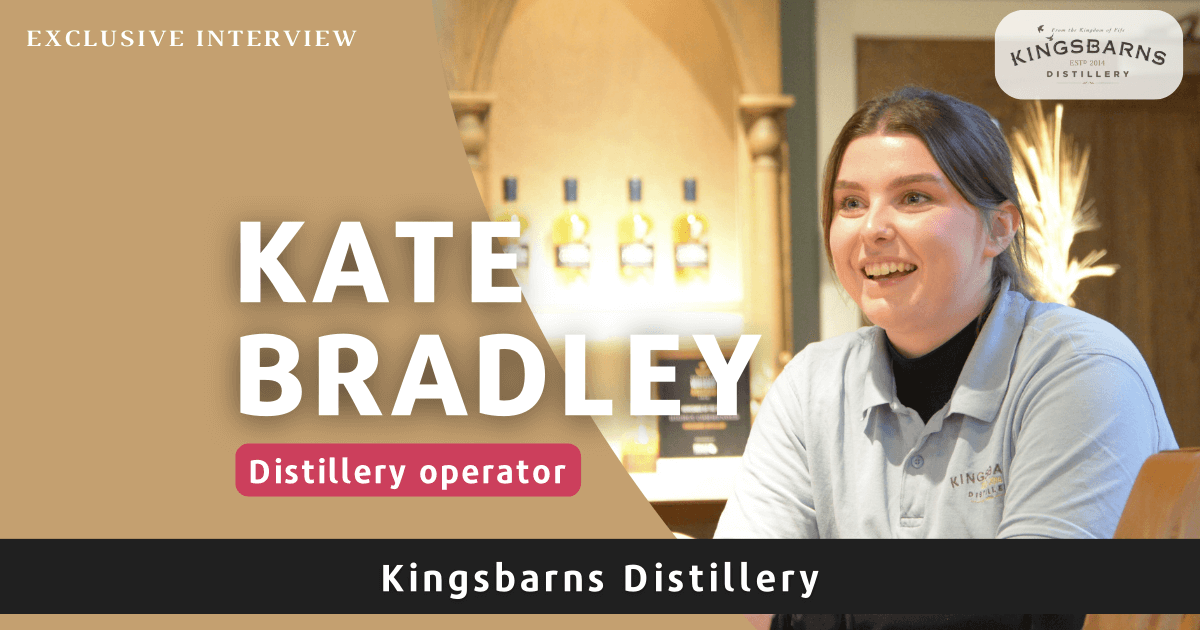
【現地レポート】斬新な発想とクラフトマンシップで魅せる琵琶湖蒸溜所
- 造り手
- 蒸溜所(日本)
2025.03.14

ウイスキー好き必見の コンテンツが盛りだくさん! | 未加入 | Dear WHISKY 無料会員 | ||
|---|---|---|---|---|
ウイスキー 知識情報 | 最新ウイスキー情報を最速でお届け!世の中にはない会員限定情報も?! |  |  | |
蒸溜所情報 | 新興蒸溜所から馴染みの蒸溜所まで、余すことなくお届け! |  |  | |
ボトル情報 | 数多とあるウイスキーの情報を徹底リサーチ!あなたにおすすめのウイスキーが見つかるかも?! |  |  | |
Bar情報 | 旅行先で、ふとBarに行きたい時、穴場から王道までご紹介! |  |  | |
会員限定記事 | 「DWの会員の方なら」と関係者から聞くことができた、ほかでは決して手に入らない情報をお届け! |  | ||
Bar特典 | 世界各国のbarで使える会員限定特典が盛りだくさん! |  | ||
オーナーズカスク 割引特典 | 「自分だけのウイスキーが欲しい…」ウイスキー愛飲家の願いを叶えます!会員限定特別価格でご提供! |  | ||
造り手交流会や イベント案内 | 造り手同士でも、造り手から飲み手でも、会員の皆様へ特別イベントをご招待! |  | ||
下記からログインを行うか、新規会員登録をお願いいたします。